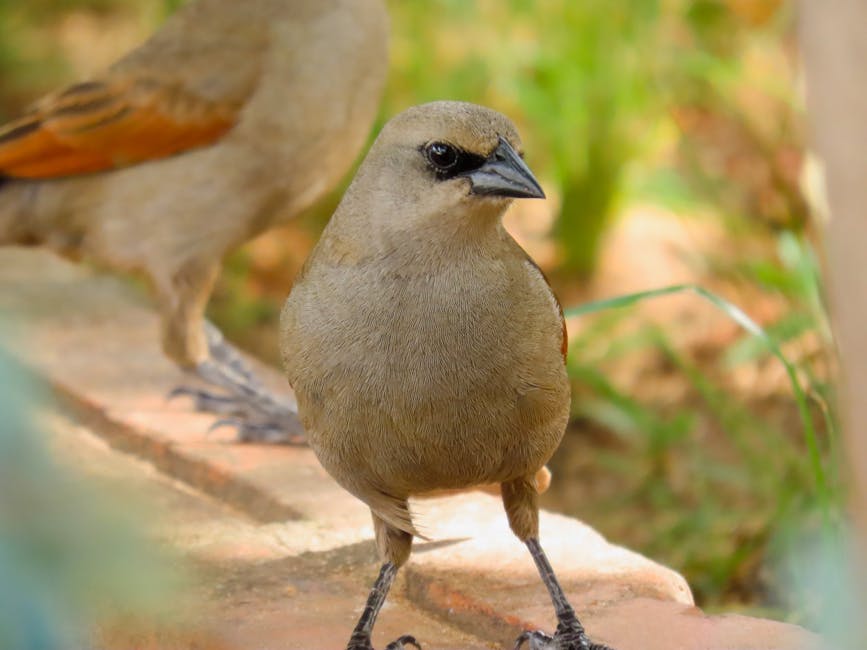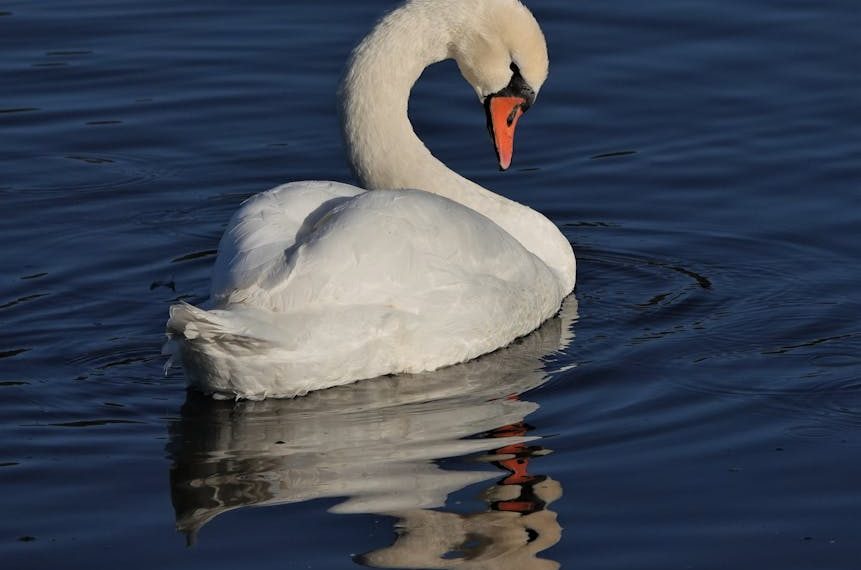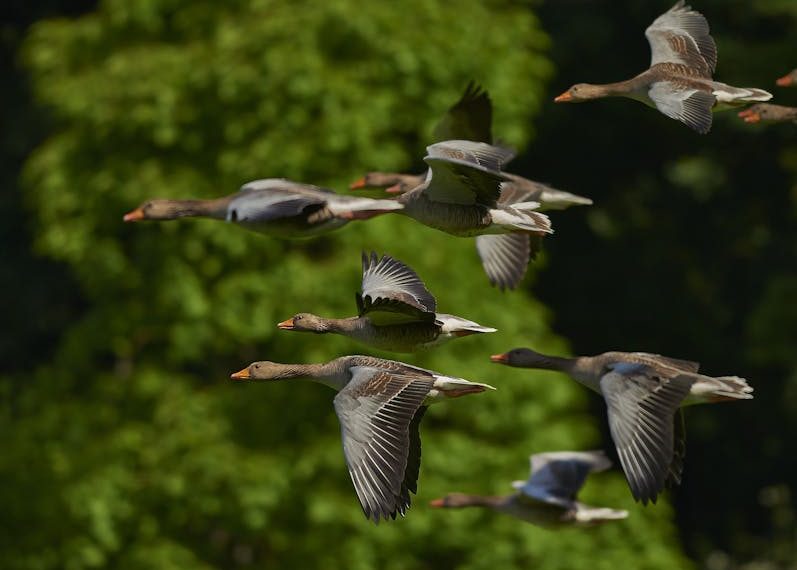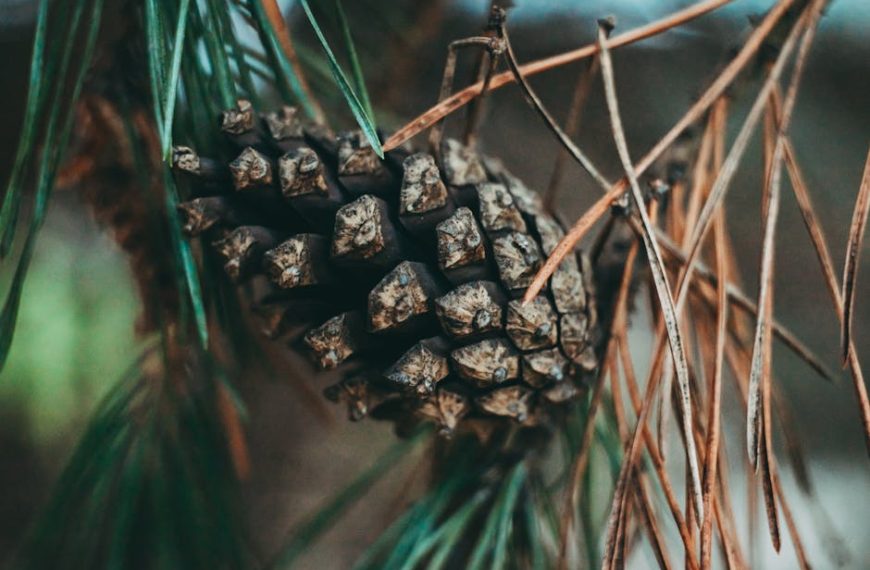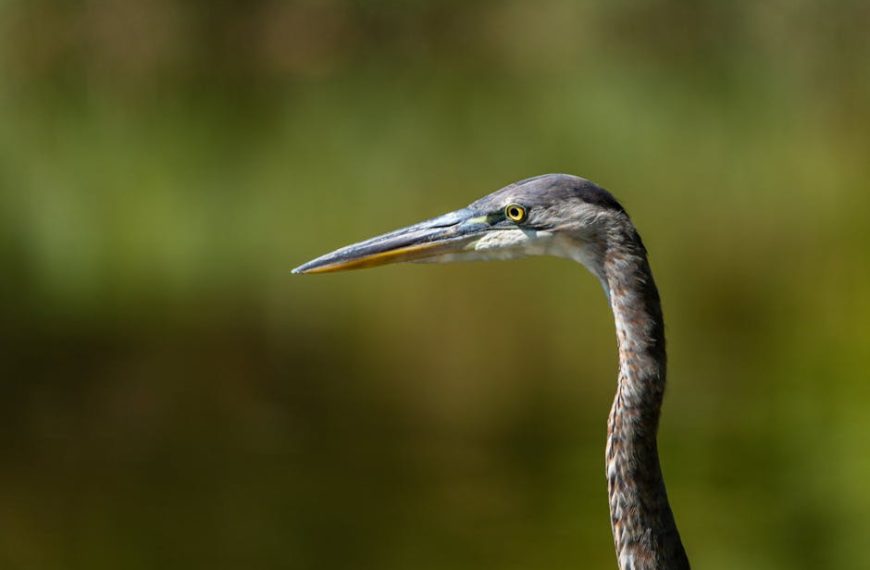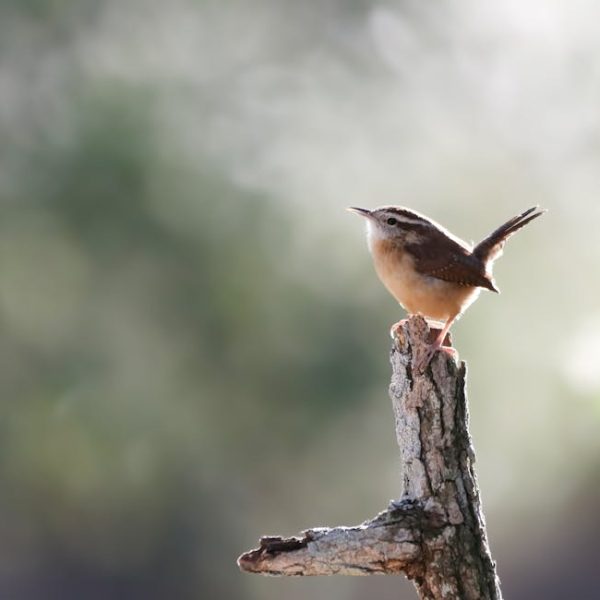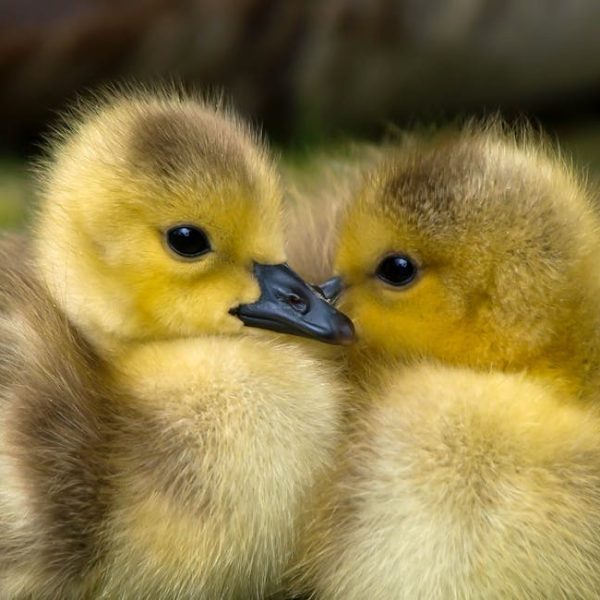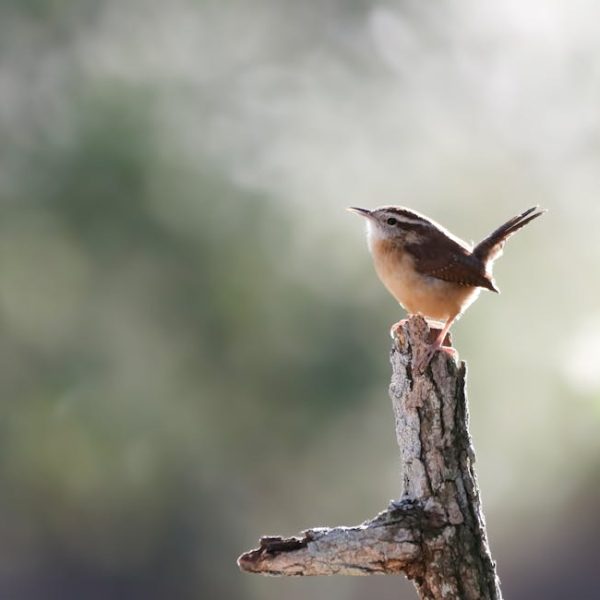Birds are drawn to spaces that provide a rich source of food, water, and shelter. Your porch might be the perfect haven; plants that bear fruits, open food sources or water sources such as birdbaths, ponds, and bird feeders can all help to attract birds. It is, therefore, crucial to maintain cleanliness around your porch and remove any attractants to discourage bird activity.
Here are some key bird attractants to remove;
- Bird feeders: As much as birds love them, removing bird feeders is a direct step towards a bird-free porch.
- Plants that bear fruits: Birds are drawn to plants with fruits or berries. Try and replace these plants with those that don’t bear such attractants.
- Open food and water sources: Ensure garbage bins are securely closed and keep pet food indoors.
Best Practices: Maintaining a Clean Porch
- Regularly sweep your porch to remove any possible bird food debris.
- Replace your outdoor lighting with yellow bulbs; they attract fewer insects and hence, fewer birds.
- Regularly trim any nearby trees or shrubs as they could serve as easy access to your porch.
Installation of Bird Deterrent Devices
Several bird deterrent devices can be used to prevent birds from nesting on your porch effectively. These devices disrupt birds’ flight patterns and deter them from landing.
Here are different types of bird deterrent devices:
- Bird spikes: These make it physically impossible for birds to land or nest.
- Decoys: Owls and falcons are natural bird predators. A decoy owl or falcon can often scare smaller birds away.
- Sound machines: These devices can emit predator sounds or bird distress calls that can deter birds.
Pros and Cons: Evaluating different Bird Deterrents
| Device | Pros | Cons |
|---|---|---|
| Bird Spikes | Effective, require no maintenance once installed | Not aesthetically pleasing |
| Decoys | Relatively inexpensive, simple to install | Only works on certain species, birds may adapt |
| Sound Machines | Works on a variety of bird species | Can be disruptive to human neighbors, birds may adapt |
Each method has its benefits and downsides, consider combining a couple of them for an overall effective solution.
Making Physical Changes to Porch Structure
You can make your porch a less desirable nesting site by making a few physical alterations. Hard-to-navigator angles, tilted surfaces, and reduced flat areas are less appealing to birds looking for a spot to roost or nest.
Checklist: Physical Modifications to your Porch
- Make the surfaces of your porch angled or sloping. Birds prefer flat surfaces for nesting.
- Install netting or mesh to block access to attractive nesting spots.
- If possible, use materials that birds find uncomfortable for sitting or nesting on such as metal or glass.
Pro tips: Ensuring your modifications are safe and bird-friendly
Always ensure your modifications are humane and do not harm the birds.
It’s not advisable to block all bird activity – remember, they play a significant role in our ecosystem. Only deter nesting where it causes a problem.
Consult local regulations or an authority on birds before making significant changes.
Utilizing Scent and Taste Aversives
Aversive sprays can be an excellent tool for making your porch less appealing to birds. These sprays are non-toxic but offensive to birds’ sense of taste or smell.
Comparison: Scent vs Taste Aversives
| Type | Description | Effectiveness |
|---|---|---|
| Scent Aversives | Usually contain natural substances birds find offensive, like essences of predators. | Effective for some species, may not work on all birds. |
| Taste Aversives | Sprayed on potential nesting materials, making them taste bad to birds. | Highly effective as birds try to avoid bad tasting materials. |
Pro tips: Safe usage of scent and taste aversives for deterring birds
Always read and follow the manufacturer’s instructions.
Test a small area first to prevent any potential staining or damage.
Reapply regularly as suggested by the manufacturer to ensure effectiveness.
Seeking Professional Help
Sometimes it might be necessary to seek professional help, especially when dealing with protected bird species or if multiple nesting attempts persist despite prevention measures.
Checklist: When to Seek Professional Help
- If your bird problem is persistent and resistant to DIY solutions.
- If the birds are a protected species, in which case specific measures and regulations apply.
- If the nesting is extensive, leading to significant droppings or damage.
Best Practices: Choosing a Bird Control Service
- Ensure the service is licensed and engages in humane bird control methods.
- Look for professionals with good client reviews and references.
- Seek those who give written warranties or guarantees for their work.
Remember, the key to effective bird control on your porch is not a single solution but a combination of them. Select the measures that will work best for your specific situation, and enjoy a bird-free porch without causing harm to our feathered friends.
Key Takeaway:
- Maintaining cleanliness and removing bird attractants from your porch is an effective deterrent.
- Several bird deterrent devices such as spikes, decoys, and sound machines can deter birds from nesting on your porch.
- Physical modifications to your porch, like making it less comfortable or accessible for birds, can reduce nesting.
- Non-toxic scent and taste aversives can be annoying to birds but harmless to humans and pets.
- Persistent bird problems or dealing with protected species may demand professional bird control services.
When dealing with birds on your porch, what matters most is a combination of various effective solutions. It’s about making your porch less attractive to birds while ensuring being ethical and friendly towards these nature’s creatures. So, whether you choose deterrent devices, physical alterations, reliance on aversives or assistance from experts, success lies in a mindful, sustained approach.
FAQs
Q: What natural methods can I use to deter birds from my porch?
A: Besides the usual physical modifications and aversives, you can use certain plants that birds find unattractive or grow those that deter birds, such as thorny bushes or plants with strong scents. The use of wind chimes or shiny objects like mirrors or CDs can sometimes discourage birds too.
Q: Can I use devices like bird spikes without violating animal rights?
A: Yes, contraptions like bird spikes simply deter the birds without causing them harm, making them safe and ethical to use. However, it’s vital to follow local regulations and guidelines related to wildlife around your area.
Q: Can I use ultrasonic devices as bird deterrents?
A: Ultrasonic devices emit high-frequency sounds that are supposed to deter pests, including birds. However, their effectiveness is still debated, and they can sometimes disturb your pets who can also hear these sounds. Consult a professional before opting for ultrasonic devices.
Q: How frequently should I apply aversive sprays?
A: This can largely depend on the product and the weather conditions; rain or wind may necessitate more regular applications. Always follow the manufacturer’s instructions for the best results.
Q: Will physical alterations to deter birds affect the aesthetic appeal of my porch?
A: Any physical alteration can affect the look of your porch, but it doesn’t have to be negative. Thoughtful use of materials and designs can make these alterations blend seamlessly into your porch’s overall aesthetic.
Sharing is caring! If you found this article helpful, feel free to share it with others who might benefit. We also invite you to explore more posts on our website for related topics and insights.
